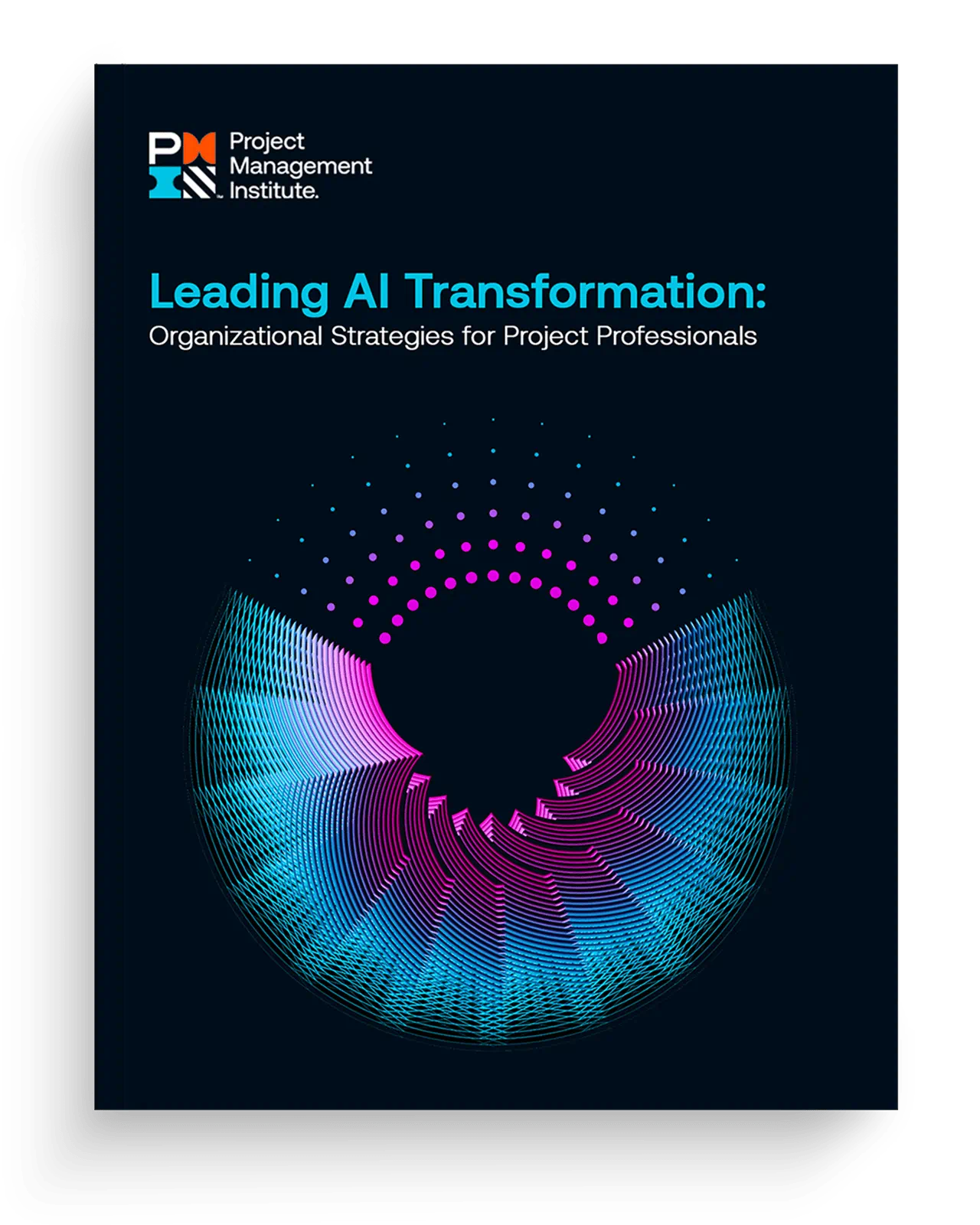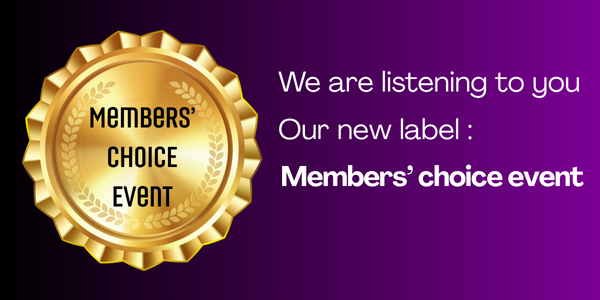 Author: Mafalda Amaro, VP Sponsors & Partners
Author: Mafalda Amaro, VP Sponsors & Partners
🌍 Project Management with Purpose: PMI Switzerland’s Social Impact Collaboration with PMWB
At PMI Switzerland, we believe project management can be a catalyst for positive change — not just in businesses, but in communities around the world.
That belief comes to life through our growing partnership with PMWB – Project Management for the World, an initiative connecting experienced project professionals with nonprofit and humanitarian organizations that need structure, strategy, and skilled support to amplify their missions.
We’re excited to announce the launch of several social impact collaborations — each one powered by heart, driven by purpose, and aligned with our core mission: Making a difference through the power of projects.
💡 Projects That Matter
🔹 Homeless Entrepreneur – Training & Mentoring
Our first initiative is already in motion! In partnership with other PMI chapters across Europe, we’re providing mentorship and project training to support Homeless Entrepreneur’s mission.
🔹 Bevel ON – Mentoring Program
We’re working to co-design a mentoring program aimed at empowering individuals through personal and professional growth.
🔹 Engineers Without Borders – PMO Setup
EWB is full of passionate people creating real-world solutions — now, they’re partnering with us to build the PMO structure they need to scale their impact.
🔹 Doctors Without Borders – Agile Mentoring & Training | Initiation Stage
When every second counts, agility matters. We’re engaging with MSF to introduce Agile approaches that will help their teams work with greater flexibility and responsiveness in the field. The planning is underway — and we can’t wait to get started.
🤝 Why You Should Join
Because you — with your expertise, passion for the profession, and people skills — can change lives.
These aren’t just feel-good volunteer gigs. They’re real projects with real deliverables that benefit real people. And the best part? You won’t be alone. You’ll join a community of purpose-driven professionals who are walking the talk — putting people and purpose at the center of project management.
🙋 Ready to Make an Impact?
If this sparks something in you — curiosity, compassion, or just a sense that you want to be part of something bigger — reach out!
PMI Switzerland has been leading by example the Social Impact programs, and we have more projects to be staffed, where YOU also can make an impac. I’d be happy to talk, connect you to the right initiative, or hear your ideas.
Let’s show the world what project managers can do — when we lead with purpose.
Because when we come together, projects impact lives.
Our partners voices:
“At Homeless Entrepreneur, we believe in solutions that empower, not just assist. Our collaboration with PMI and PMWB brings exactly that: structure, accountability, and the mindset of project leadership. Together, we’re not just supporting individuals — we’re helping them become the project managers of their own lives. That’s the kind of partnership that creates lasting change.” Toby Pluss, Homeless Entrepreneur
https://www.pmi.org/volunteer/project-managers-without-borders






